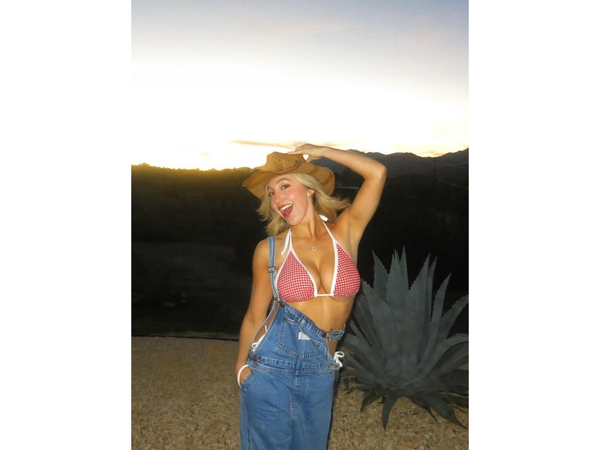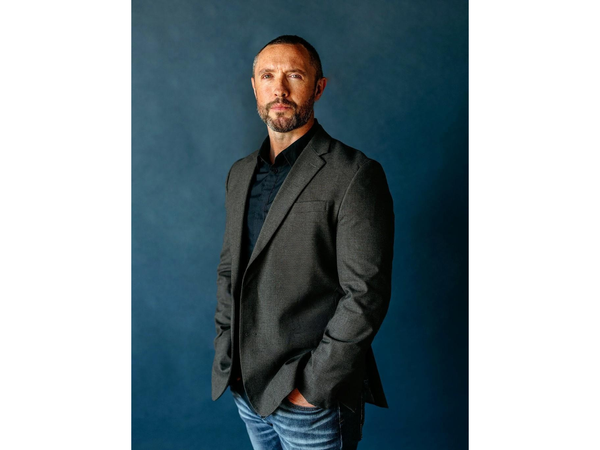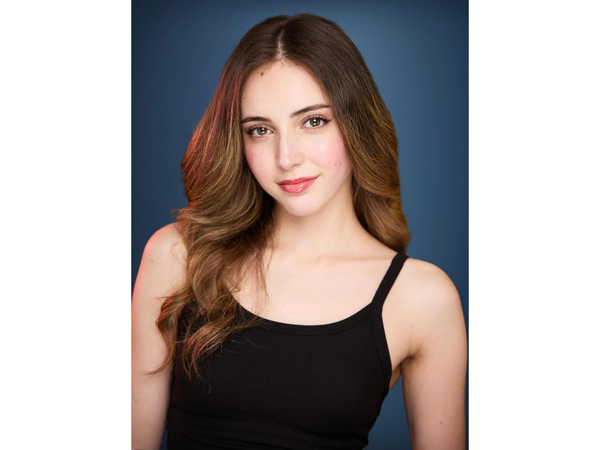KELSEY EGAN TALKS GLASSHOUSE
"Much content these days feels recycled"
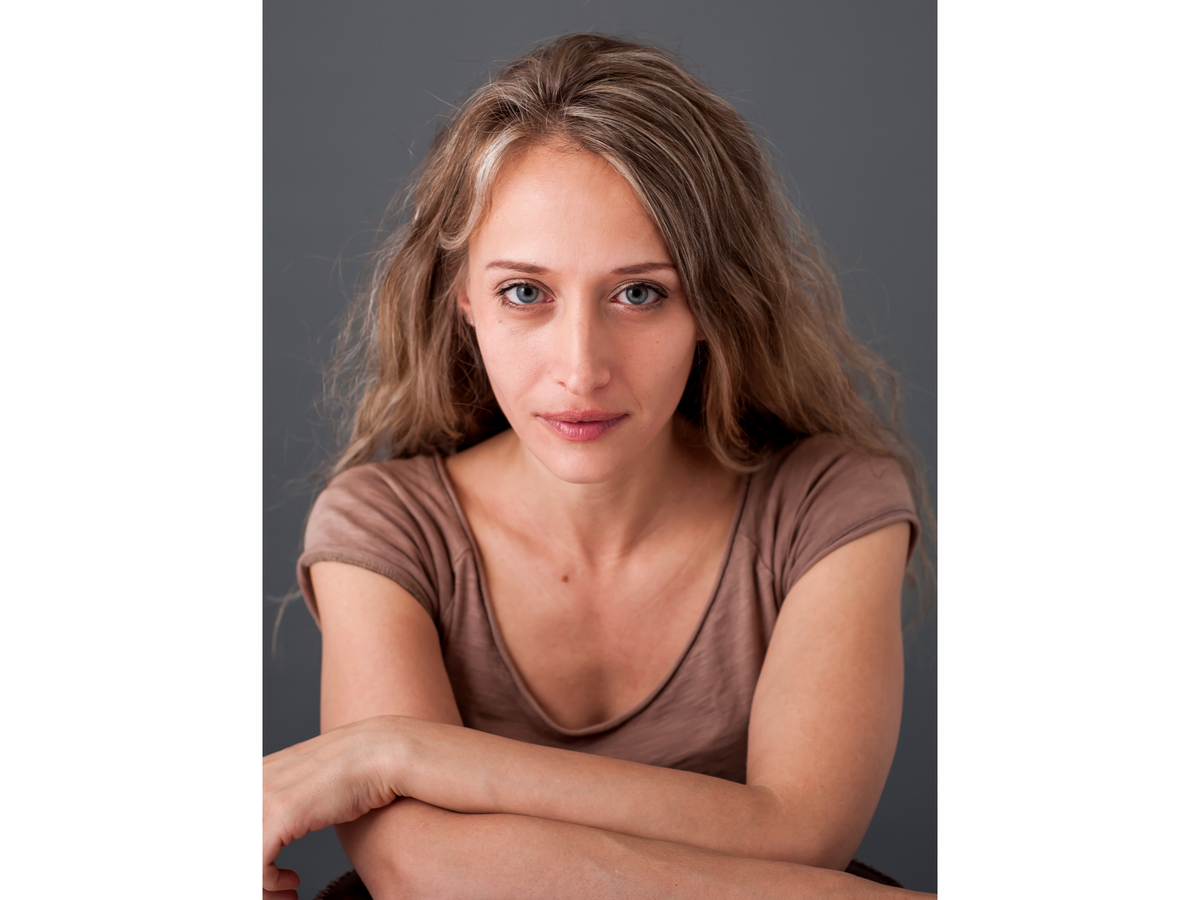
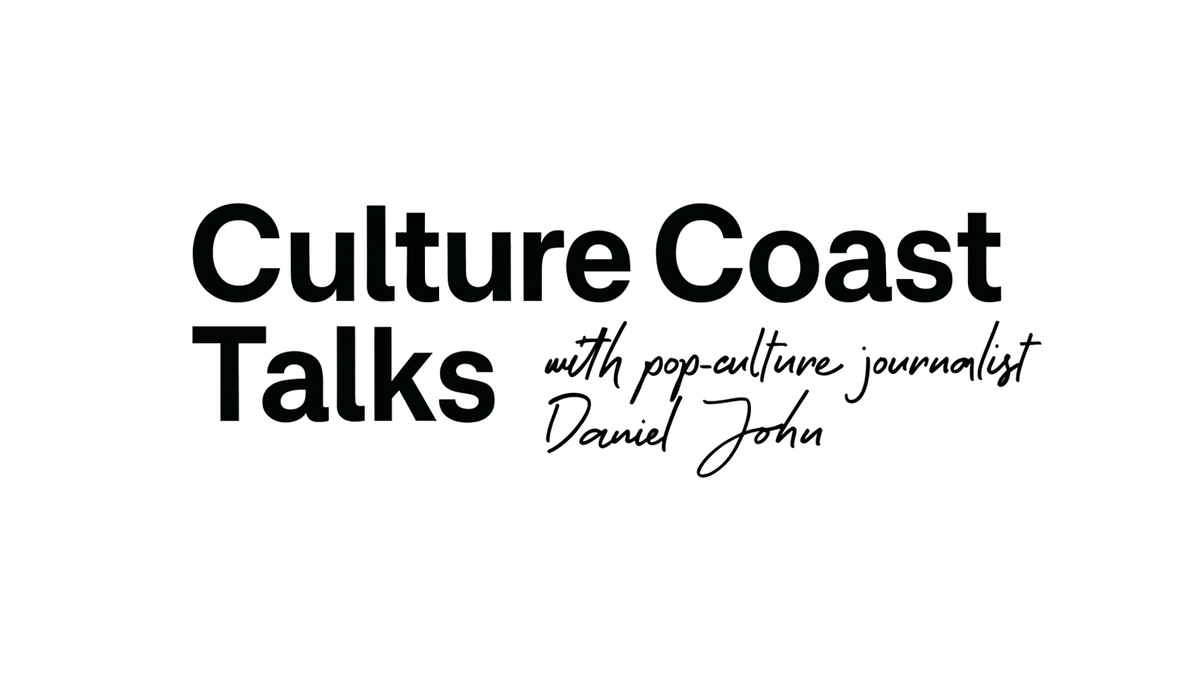
Great sci-fi is about giving us a glimpse of a world that isn’t ours, yet could be, and one day might be. The struggles your characters face mirror many of our own?
The core inspiration for me was an interest in exploring the impact of memory on behavior and identity. Memories mold one’s sense of self and perceptions of the world. Who we are is informed by our experiences. The past shapes us, and our memories colour the present. Relationships gain meaning and significance from shared history. We are who we are because of what we’ve done and who we’ve been with. We also learn from past experiences. If we allow ourselves to forget, we are in danger of repeating past mistakes. In this way, it becomes a responsibility to remember, even if it means carrying pain forward into the future. Of course, the danger of carrying pain is how it can impact us. Remembering past hurt can influence our behaviour to the detriment of our relationships and perception of others. Sometimes, things happen that change us, and these changes aren’t necessarily for the better. So the question becomes whether all memories are worth keeping. Memories can be heavy things. 'Glasshouse' explores two opposing coping mechanisms to trauma, holding tightly to the past as a form of preservation, and willful forgetting.
With airborne diseases and isolated lives, who can’t relate to the world of 'Glasshouse' today, even how their glasshouses reflect their own realities feels like a comment on misinformation, prejudice, and stereotypes. It’s incredibly timely. When did you write this?
We wrote this script over South Africa’s first lockdown. I was in lockdown alone, so my writing partner, Emma, was essentially my lifeline. We spent about four months on Zoom together, writing 'Glasshouse' and working on the other two feature scripts in our slate with Showmax. Ironically, I have another sci-fi project with toxic air and masks as a central plot point, and this was a script that I wrote over nine years ago. When we conceived of the concept for 'Glasshouse' in February 2020, we had no idea the impact that the pandemic was going to have on the world. But naturally, many assume that the shred and masks were inspired by the pandemic. Dystopian sci-fi generally pre-empts reality. Then suddenly reality caught up while we were writing, so making the film was a surreal life-meets-art experience. Like memory in 'Glasshouse', what is a survival tool and lifeline to one individual is perceived as a threat or risk by another. Both societally and in the film, everyone has their own distinct narrative. Such dramatic differences in perspective can be quite unsettling, and I hope very much that the film can provoke thought and conversation in this light.
You allow for the story to take it’s time, and it is all the better for it as it builds up tension while also keeping the viewer in it’s confined space. But would you consider “slow” a risk in storytelling these days?
Definitely. There’s so much content out there, there’s always the fear of not catching an audience’s attention. This can lead to pressure to ramp up pace from the very first shot. But Emma and I knew that we wanted this narrative to unfurl slowly with an unsettling string of reveals. We didn’t want to provide all the answers upfront, we wanted the audience to have the opportunity to piece various clues together and try to decide who to believe, rather than being told.
It would seem you are passionate for female-centered narratives. Is that a desire that influence what films you want to make?
Female-centered narratives are important to me, in so much as I believe everyone’s stories have the right to be told, but I wouldn’t say it necessarily influences the films I make outside wanting to authentically represent different perspectives and experiences of life. Something which is often impacted by one’s perceived gender. Like anyone I am drawn to interrogating ideas that I find to be particularly compelling or profound, or that have impacted me deeply in my own life. Some of these themes might be influenced by gender, but some are indiscriminate. I’m interested in unapologetically exploring human experience in its rawest forms, when feelings overrule restraint. The impact of identity. Perception. Both self-perception and external. Relationships. Sense of self. Truth. Subjectivity. Accountability. Responsibility. To others and the world. Trauma. Coping mechanisms. Desire. Need. Tragic flaws. The past. The future. The power and influence of memory. Neural plasticity. Human behavior. Why we do the things we do. Why we hurt others. Why we hurt ourselves.
Films has an unparalleled ability to influence and represent different culture. Does it bother you to see that responsibility mishandled or just ignored?
It speaks to how colonialism and globalization have influenced different cultures, and films have certainly played a role in this. For example, many South African’s grow up watching Hollywood movies. Many people around the world do. But U.S. citizens rarely grow up consuming the majority of their entertainment from another country. At least, not to the same degree. This can create a false narrative about what stories are the most “important” or desirable. Film holds considerable power to proliferate specific narratives in an assortment of disturbingly subtle ways. Much propaganda is spread through entertainment. I do think filmmakers, and financiers, have a responsibility to be aware of this influence. If you have the power to make a thing that could affect how a group of people or a place is perceived, I think there is a responsibility there to represent it as authentically as possible. We didn’t set out to write a political film with 'Glasshouse', but in tackling the themes we did, it was impossible to avoid it. Even not addressing something can be, in and of itself, a statement. 'Glasshouse' is very much an allegory for colonialism. The veneer of the glasshouse, and the family bond of our characters, is idyllic. A safe haven. But there is something rotten underneath. What is the price for preserving this sanctuary? A lot of blood.
Did you always have a profound love of film and storytelling?
My first love was books, the art of words. My second was drawing, the art of capturing an image, or a feeling, by hand. My third was performance, trying to capture the nuance of human behaviour and relationships. Film came later, but I think it was a natural progression as it is a blend of so many different art forms. That’s what held the appeal. That, and the challenge. So many departments, so many skilled artisans working together to create a vision larger than the sum of its parts. Loved the collaborative element of that. When I first experienced a film set I was a senior in college at Vassar and a friend cast me in her independent film, shooting in Manhattan. I remember being blown away by how intricately the technical and creative elements worked together, the dance of all these different equally important elements. I was addicted quickly.
Was directing always something you knew you wanted to do?
Yes, I wanted to direct the moment I realized that it was my best chance of creating the type of creative experience I hoped to have. I couldn’t count on any one to cast me or include me in their own projects, but if I managed to create things that other people wanted to be a part of, I could exchange being the moth for the flame. That was the hope, anyway. Obviously, it doesn’t actually work like that, but any time I’m able to work with someone wonderful, and create something with them that we are both really proud of, it’s a gift. I’ve always felt compelled to create, to capture a feeling or a moment or an idea in a way that could move others or provoke thought to the same extent that things I’ve read or seen or heard have impacted me, and directing is one way to achieve this, but it takes a village. Film is unique in that way. It is both a blessing and a curse. But I think it is a remarkable thing to be part of something where so many people with so many unique skillsets come together to create a unified work of art.
All your experience across music videos, short films, script supervising, VFX, acting and so on has been valuable to your growth directing?
Most definitely. I’ve spent the last decade working as a writer, a stunt performer, an AD, a producer and VFX producer, an editor and an actress to broaden my scope as a director. Wearing multiple hats has shown me how to maximize creative collaboration between departments, and I’ve been very lucky to have had these opportunities.
We are a couple of decades ago from when auteur-driven original cinema was really prioritized in “Hollywood”. Many films are still being made, but you often feel like, “Okay, I’ve seen this before. It’s all too familiar”. Is that, and the rising film industry there, why you left for South Africa?
I originally came to South Africa to experience being a fish out of water. I wanted to know what it felt like to truly live in a land that was not my own, not a holiday or a work visit, but actual life. I felt that to tell the type of stories I wanted to tell, I needed to experience being “the other” and expose myself to other points of view. I stayed for the land and for the stories that exist here, and because it’s such an incredible place to shoot. With 'Glasshouse', we knew we had the opportunity to create something unique in look and feel, and we wanted to dispel any stereotype about what a South African film is expected to look like. We also didn’t want anyone to be able to guess where the film was made. As a dual citizen of the United States and South Africa, I’ve become acutely aware of the power of geography to shape one’s history, to open doors or to close them, and the challenges associated with calling a place home simply by virtue of deciding to live there. How does one “belong” to a place? How many years must you live in a place for it to be home? Some things must be earned, but even if earned, one is never guaranteed a sense of belonging. 'Glasshouse' is unplacable because the human experience should not be placed. It is shared. I agree with you that much content these days feels recycled or generic, the same formula repeated and applied to a slightly different context. The entertainment industry is largely risk-averse. When it comes to filmmaking, taking risks can be prohibitively expensive. Not all auteur-driven cinema is good, but I do believe they are the films with the best chance to achieve something truly unique or astounding, and that in itself is worth supporting.
Is the stunning observatory from the film open to visitors?
It is indeed! We filmed at Pearson Conservatory in St. George’s Park, the oldest park in Gqeberha. It's a beautiful part of the country, please do visit!
It's already been a minute since this film came out and you are in post on your next film, ’The Fix’. How busy are you with that right now?
So busy that it took me four and a half months to find the time to do this interview with you. Thank you very much for your patience.

